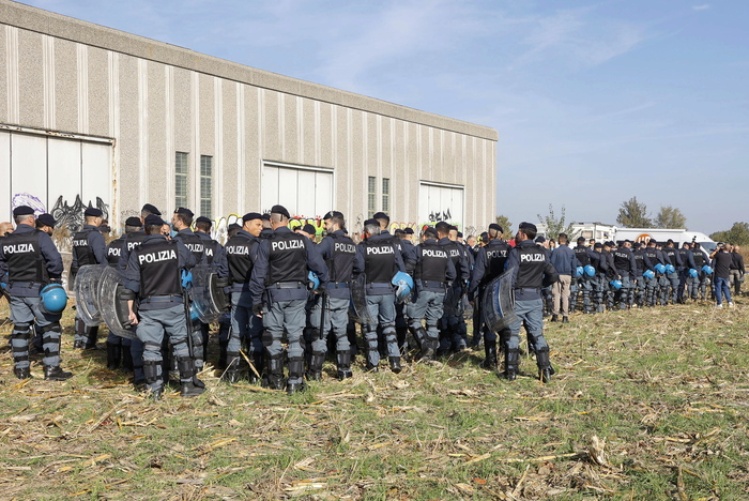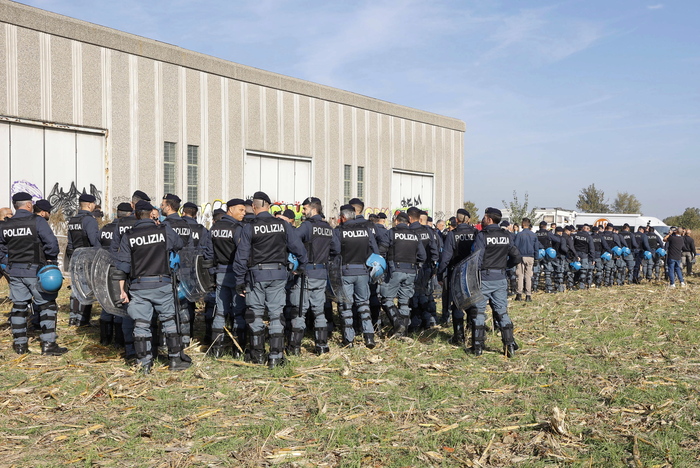On Wednesday, Premier Giorgia Meloni said she was proud of a new decree which has criminalised rave parties, rejecting theories from the opposition suggesting it could be used to crack down on anti-government protests.
Meloni’s cabinet passed the decree, which forbids the organisation of illegal events involving more than 50 people that pose a threat to public safety or health.
The law could see those found guilty get up to six years in jail and fines of as much as 10,000 euro.
Announced on Monday, the decree is one of the government’s first acts following a large rave in the Modena area over the weekend.
Opposition parties have said that the decree risks inhibiting freedom, as it could be used to stop anti-government demonstrations.
Meloni said:
“It is a measure I claim credit for and I’m proud of because Italy, after years of governments which bowed down in front of illegality and raves, and in which Italy was the black sheep in terms of security, we will now rightly be able to prosecute those who often arrive from all over Europe and take part in illegal raves, in which they illegally occupy private or public areas, without respecting security and safety norms and, even more serious, encouraging the distribution and use of drugs.
“The allegations about (limiting) the right to demonstrate are unfounded and I’d like to reassure citizens that we won’t deny anyone (the right to) express their dissent.”
Meloni was echoing Interior Minister Matteo Piantedosi, who said the government’s controversial new decree cracking down on illegal raves will not be used to deny people the right to protest.
“I think it’s in everyone’s interest to combat illegal raves,” Piantedosi said in an interview in Monday’s Corriere della Sera.
“I find it offensive that we have been attributed with the desire to intervene in other situations, in which guaranteed Constitutional rights are being exercised in relation to legislation that clearly does not refer to this in any way.
“The aim is to discourage events that put people in danger, above all the participants themselves.
“The decree will be converted into law in parliament, not via social media.”
Piantedosi also commented on controversy over the failure to break up Sunday’s gathering of around 2000 people at Predappio, the birthplace of Fascist dictator Benito Mussolini. He said the gathering was nothing more than a “circus”, and stressed that it had been conducted under the watch of the police.
However, a member of Meloni’s Fratelli D’Italia (FdI) party, Federico Mollicone, insisted that the new anti-rave law could be put to other uses, citing in particular the case of illegal squats by leftists and anarchists in sometimes hazardous buildings for years in Rome.
He said one such squat, the Spin Lab on the Esquiline Hill, had been “used for New Year’s Eve parties to earn money, without safety measures, three floors underground.”











